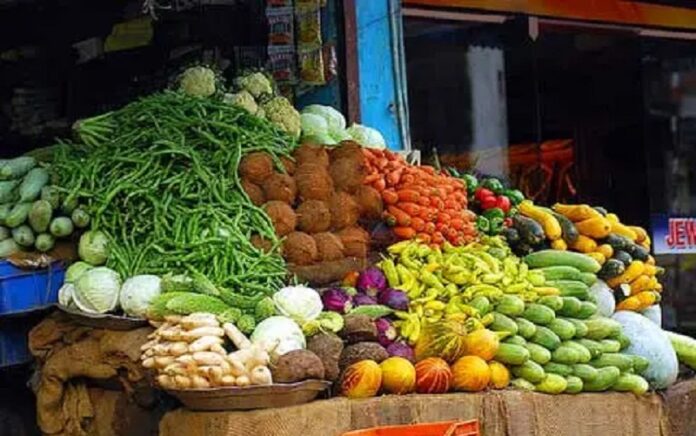The cost of seasonal fruit and vegetables is expected to drop in the coming weeks, according to growers and retailers.
The weather remains a wild card for food price inflation, with adverse weather events hitting New Zealand growers over the summer.
Food prices have risen at their fastest annual rate in 32 years, with fruit and vegetables increasing by 23 percent year-on-year.
Countdown supermarket commercial director Pieter De Wet said growers were now delivering more seasonal products.
“We’ve got over 100 direct relationships with growers and they actually want to bring prices down as well because they want to move volumes as soon as they get it,” De Wet said.
Customers could expect to pay less at the checkout when more produce was available next month, he said.
“It looks like we’re already getting into a better space and hopefully next week will be the same.
“Gisborne looks like it’s going to be dry for the next week as well so we expect prices to come down”.
Major Gisborne vegetable grower LeaderBrand said the cost of seasonal fruit was expected to drop in the coming weeks.
The constant rain in August last year meant that planting was delayed and consistent rain throughout January, as well as lower sunshine hours, has impacted harvesting schedules.
New Zealand-grown watermelons had recently come into season, but wet weather meant much of the crops did not make it.
De Wet visited LeaderBrand in Gisborne last week and said up to 30 percent of watermelon crops were “under water”.
“It was quite intense to see what’s going on down there,” he said.
“The entire watermelon field we looked at was literally under water from the rain, I’d say about 20 or 30 percent of those watermelons were rotting in the water”.
LeaderBrand executive Richard Burke said growers were feeling the pinch of inflation as well.
“We know that watermelon is quintessentially summer on a plate and beloved by Kiwis both young and old. So, the pressure to grow the sweatiest and juiciest melons has been keeping me up at night.
“Our team has been watching the watermelon patch daily and the first harvest is this week and will be available until the end of March.
”The company was desperately holding out for some decent sunshine this summer, Burke said.
“There’s nothing worse than getting home and cutting a watermelon in half and it’s not that full red colour you’re looking for.
“We’ve got plenty of truck loads packed and ready to be dispatched today or tomorrow and we should see reasonably consistent numbers as we move forward.
”Supermarket giant Foodstuffs also said it was working to put a lid on inflation.Foodstuffs owns New World, Pak’N Save and Four Square supermarkets.
In December, the average cost increase from suppliers to the Foodstuffs co-operatives on the same products measured in the Food Price Index (FPI) basket was 12.2 percent.
“Domestically, input cost pressures are continuing for suppliers who are facing higher costs to grow, pick and pack produce for market, with adverse weather events still the wild card this year. It’s been a pretty tough summer so far for growing produce,” Foodstuffs NZ managing director Chris Quin said.
“Our co-operatives will stay laser-focused on helping customers fight inflation and find value within their household budgets this year.
”There was still plenty of uncertainty about how strong the economic headwinds would be this year.
“Most are predicting that 2023 will be tougher for households, but we’ll be looking towards the second quarter of this year to see whether a clearer picture has emerged.”








